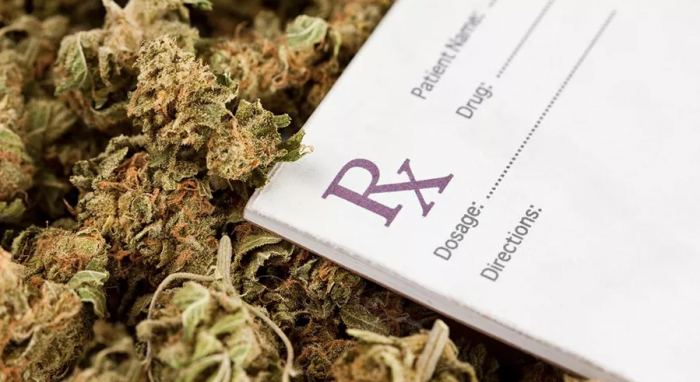Michigan to release emergency medical cannabis regulations before application deadline
Michigan’s Department of Licensing and Regulatory Affairs (LARA) has released a set of emergency regulations for the state’s medical cannabis program, right before the state begins accepting licensing applications on Dec. 15.
The rules are immediately active and will remain in effect for six months, at which point the state will present a final set of regulations.
The list of 51 rules covered by LARA is the first definitive set of regulations that prospective cannabis businesses can use to prepare ahead of their licensing application process.
“The emergency administrative rules are designed to preserve patient protections and provide them with access to safe medical marihuana,” Andrew Brisbo, director of the state Bureau of Medical Marihuana Regulation (BMMR), said in a statement.
“These rules also allow growers, processors, secure transporters, provisioning centers, and safety compliance facilities to operate under clear requirements.”
The application license fee is $6,000. Applicants will have to demonstrate they have enough capital to run their businesses, which can range from $150,000 to $500,000. In addition, all applicants must reveal their identity and submit a criminal background check.
The rules also require any cannabis licensee is expected to report any theft or criminal activity on their premises within 24 hours of any incident to allow the state law enforcement to take immediate action.
An individual that violates these regulations faces civil fines of $5,000 a day, and any business that breaks the rules must pay either 10,000 a day or the cash amount equal to a day’s receipts.
Moreover, the regulations impose strict limits on advertising and prohibit any ads from streets, parks or public spaces. Other rules include requirements for storage, waste management and rules for maximum THC levels.
Once the license process is underway, the industry is expected to make $711 million in sales, with $21 million going to the state in form of tax revenue.








